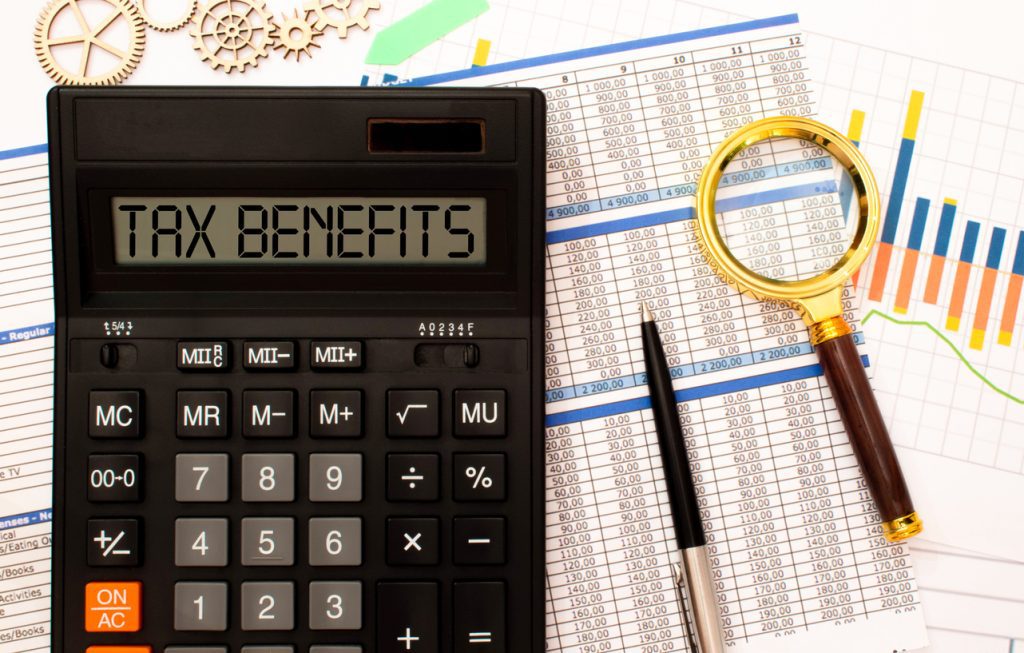7 questions to ask yourself before buying a new car in 2022
By Andrew Dunbar | 13/01/2022

While we all know that buying a car is not a good investment, for most of us, it’s a necessary expense. When it comes to the financial aspects, there are many things to consider, from finance options to new vs. used. Ultimately, what’s right for you will depend on many factors, including how long you intend to own the vehicle and the features you need, but here are some general things everyone should consider before taking the plunge.
#1 Can you keep your existing car longer?
While a new car is an exciting purchase, it’s often a ‘want’ not a ‘need.’ If your current car is roadworthy and still suits your lifestyle, keeping it just a little longer can save you a considerable amount over time.
Of course, your primary concern here must be safety, so if your car is no longer meeting your safety requirements, it’s fair to say that you do ‘need’ a new one.
#2 How many cars do you need?
In the age of working from home and with greater access than ever before to ride and vehicle sharing platforms, many households may have more cars than they actually need.
If you’ve been a two-car household for some time, it may feel like a significant shift to move to a single car. However, it’s worth considering whether you use the second one enough to justify holding costs, from registration to insurance and servicing, and, of course, depreciation.
Moving to a single car can save significant costs while still being able to get around easily. It can also free up funds to upgrade to a better car.
#3 What is the cheapest car your ego can live with?
It’s a good idea to be clear on your budget and preferred finance option before you start shopping for a car. As with any major purchase, emotions can play a role, and it’s easy to get caught up in wanting a car that is out of budget and even accepting unfavourable financing terms to achieve it.
It’s important to remember that your car is not an investment, it’s an expense. I often say a good rule of thumb is to buy the cheapest car your ego can live with!
#4 How will you cover the costs of purchase?
Typically, with car purchases there are three payment options: buy outright, on a lease or on finance. From a financial point of view, buying outright is almost always the savviest option, but of course, it’s not realistic for everyone.
Leasing can often look good because the monthly repayments appear more manageable than a lump sum, but it’s important to understand your obligations. Often, car leases require you to make a balloon payment at the end of the lease or sign on for a new car and you may end up paying more overall than you would on a personal loan.
Leases used to be attractive as a tax minimisation strategy, but the rules have been tightened and therefore, benefits reduced. Additionally, leases are often done through your employer and if you change jobs, you may find yourself needing to pay yours out.
Getting finance for your car shouldn’t be your first choice over buying outright, but if you do need to go down this path, shop around and do your research. It’s often better to get a personal loan or a secondary home loan account from your bank compared to getting finance from the dealer, but it can vary, so it’s worth knowing your options and the interest rates and payment terms available to you before you go shopping.
#5 Should you buy new or used?
A new car often feels much more exciting than a used car purchase. You can make choices about aesthetic, technology and even safety features to personalise your car, and this can have a longer-term benefit – you may keep it for longer as it is designed for you, saving you money in the long term.
New cars are typically less likely to have mechanical faults, or if they do, they should be covered under warranty and fixed quickly at no cost to you. It’s worth noting, however, that things don’t always play out this way. Some might remember the issues many Jeep owners experienced in 2015, resulting in ACCC action.
But the real concern is that the minute your new car is delivered to you, it can lose around 10-15% of its value, and the steep decline can continue, with your new car losing up to 58% of its value after just three years. Depreciation is an issue with every car, but it’s higher for some models than others, so if you plan to sell the car on at some point, it’s a good idea to understand which makes tend to hold their value.
Although prices have risen with the supply demand curve in the COVID era, used cars typically remain the better option from a financial perspective.
When shopping for a used car, it’s important to know the market value of the car you are interested in from the outset. There are many sites out there that provide a guide to car values, like Red Book, and it’s worth checking these out.
Of course, used cars are more likely to have mechanical issues and it’s best to get an expert opinion from an independent mechanic before making a purchase. You may also consider newer used cars that are still under dealer warranty, as this can add an extra layer of protection.
It’s also important to be careful about where and how you purchase. While you can often get better deals buying directly from the current owner, there are a number of used car scams and it’s worth being across these before you start looking so you don’t get caught out.
#6 What is the total cost of ownership?
It’s also a good idea to do your research into the makes and models that interest you to understand the total costs of ownership, including depreciation, running costs, and maintenance.
Some European makes and models can have excessive spare parts and maintenance costs, so it’s worth taking a look at things like tyre costs before you buy. RACV has a number of resources that enable you to break down the ownership costs of popular models.
Another thing to consider here is how long you want to keep the car and whether it will serve your needs and align with your goals into the future. If you are thinking about starting a family, for example, will a sports car continue to serve you, or will you have to sell it at a loss after a few years to buy a more practical family car?
#7 Is now the right time to buy?
If you want more bang for your buck, it’s worth thinking about not just where you buy, but when. Often car dealerships offer “End of Financial Year” (EOFY) deals on excess stock around May and June each year. December can also be a good time to buy, as demand is often lower around Christmas, and you may be able to negotiate a better deal.
If you can’t wait until deals are available, then shopping at the end of the month is often a good strategy because dealers are in the final push to hit targets and may be willing to go a little lower to do so.
You may also want to consider using a car buying service. These services have higher buying power than individuals and can connect you with their dealer networks to get the best possible deal. They can also shop around their network to get you the best trade-in for your existing car. Of course, as with any broker or third-party service, do your research and make sure you choose a reputable one.
General Advice warning
The information provided in this blog does not constitute financial product advice. The information is of a general nature only and does not take into account your individual objectives, financial situation or needs. It should not be used, relied upon, or treated as a substitute for specific professional advice. Apt Wealth Partners (AFSL and ACL 436121 ABN 49 159 583 847) and Apt Wealth Home Loans (powered by Smartline ACL 385325) recommends that you obtain professional advice before making any decision in relation to your particular requirements or circumstances.









